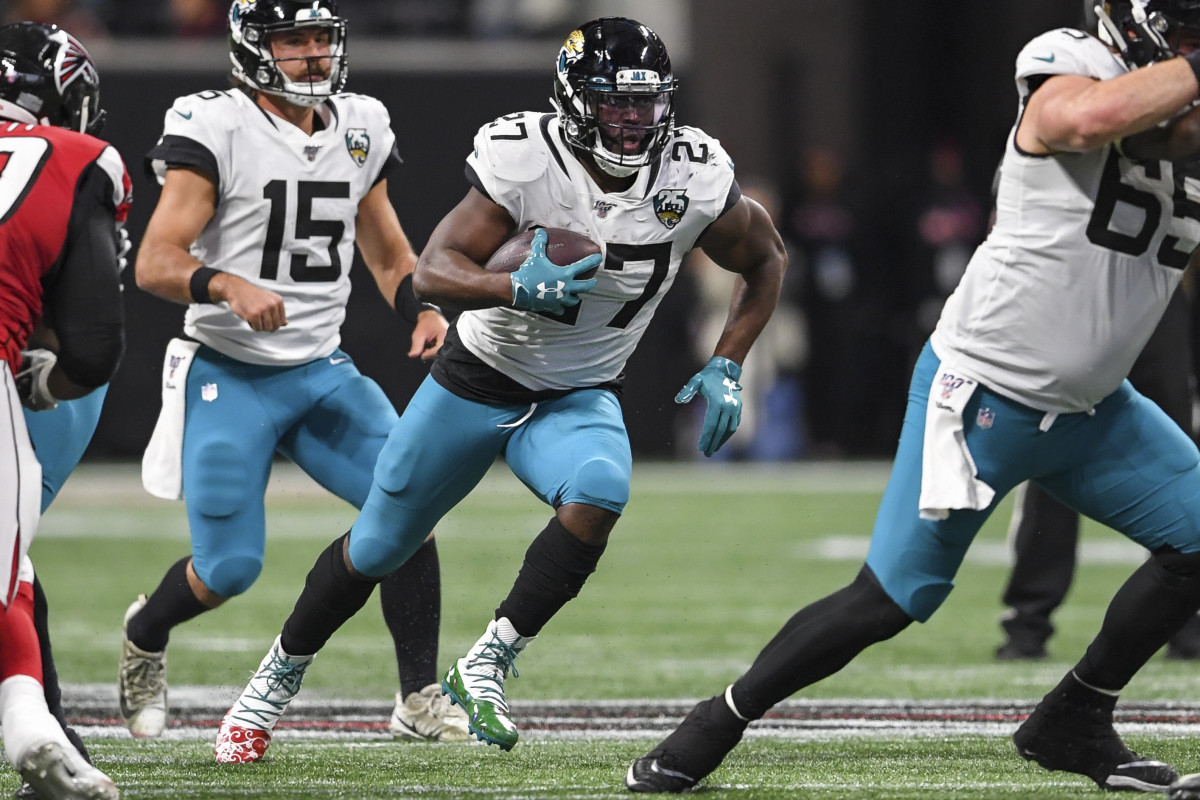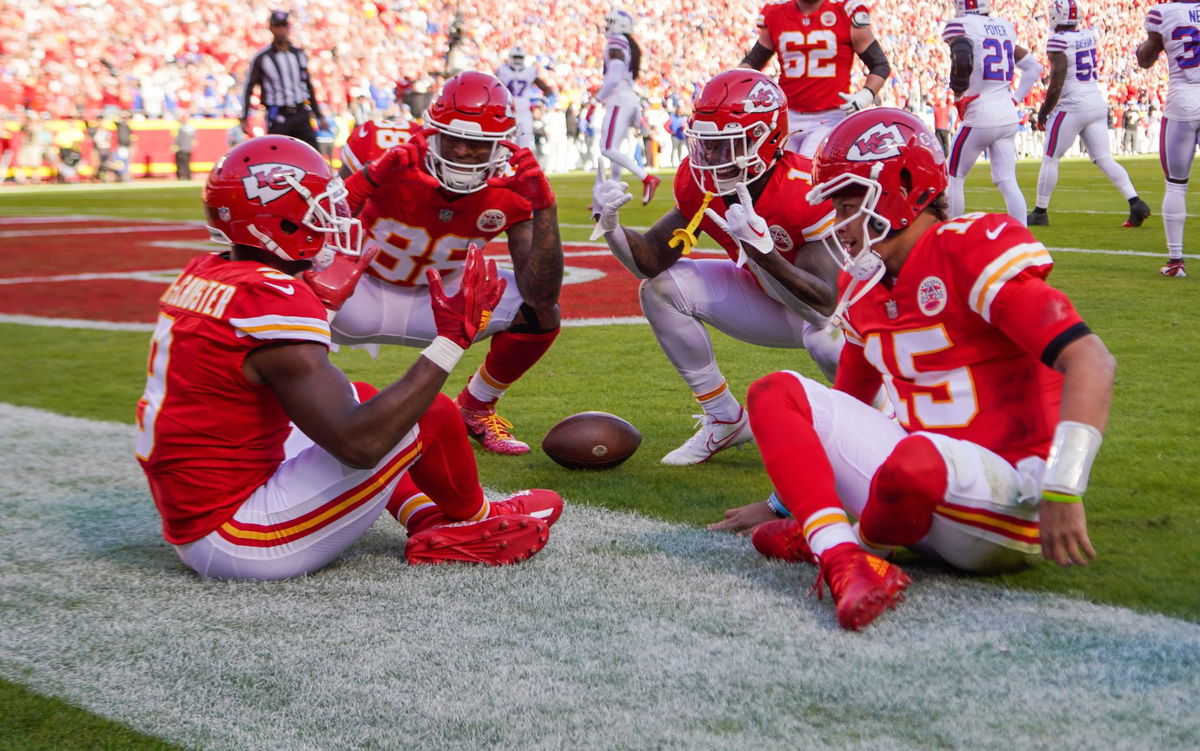How Do Special Plays Impact Games? Expert Insights

The world of sports, particularly American football, is filled with strategic maneuvers designed to outmaneuver opponents and gain a competitive edge. Among these, special plays stand out as thrilling, high-risk, high-reward tactics that can significantly impact the outcome of a game. Special plays, including trick plays, gadget plays, and special teams maneuvers, are crafted to exploit weaknesses in the opposing team’s defense or capitalize on specific game situations. In this exploration, we’ll delve into the realm of special plays, examining their types, the impact they have on games, and the strategic considerations behind their deployment.
Types of Special Plays
Trick Plays: These are offensive plays designed to deceive the defense, often involving misdirection, fake handoffs, or unusual formations. Examples include flea-flickers, reverse passes, and hook and ladder plays. Trick plays aim to create confusion among defenders, leading to big gains or touchdowns.
Gadget Plays: Similar to trick plays but often involve specific player skills or formations that are not commonly seen. These can include wildcat formations, where a non-quarterback takes the snap, or plays where a usually non-throwing player attempts a pass.
Special Teams Plays: These involve the kicker, punter, and return teams. Special teams plays can include fake punts, onside kicks, or trick kick returns. These plays are designed to catch the opponent off guard, either by retaining possession (in the case of a fake punt or onside kick) or by gaining significant yardage on a return.
Strategic Considerations
The decision to call a special play is not taken lightly. Coaches must consider several factors, including the game situation, the strengths and weaknesses of their team versus the opponent, the momentum of the game, and the potential risk versus reward of the play. A well-executed special play can shift the momentum of a game, demoralize the opposing team, and energize the crowd and the players on the field. However, if the play fails, it can result in a loss of yardage, a turnover, or a change in possession, potentially harming the team’s chances of winning.
Impact on Games
The impact of special plays on games can be multifaceted:
Momentum Shift: A successful special play can dramatically shift the momentum of a game. For instance, a trick play resulting in a touchdown can energize the offense and deflate the opposing team’s defense.
Psychological Impact: Beyond the physical gain, special plays can have a psychological impact. A team that successfully executes a trick play may feel invigorated and more confident in their playbook, while the opposing team may question their defensive strategy and feel demoralized.
Game-Changing Moments: Special plays can be the difference between winning and losing. A well-timed onside kick or a successful fake punt in a critical situation can change the course of a game, providing a team with an unexpected scoring opportunity or retaining possession in a crucial moment.
Innovative Strategy: The use of special plays showcases a team’s innovative strategy and willingness to take calculated risks. This approach can keep opponents guessing and force them to prepare for a wider range of possibilities, potentially weakening their defense.
Expert Insights
According to coaching experts, the key to successfully integrating special plays into a game plan is balance. While these plays can be game-changers, they must be used judiciously to avoid predictable patterns and to maximize their surprise value.
“Special plays are like spices in cooking. A little can add a lot of flavor, but too much can spoil the dish. You need to use them at the right time and in the right amount to get the maximum effect,” notes a veteran NFL coach.
Case Study: The Philly Special
One of the most iconic special plays in recent NFL history is the “Philly Special,” executed by the Philadelphia Eagles in Super Bowl LII (52) against the New England Patriots. This trick play involved a direct snap to a running back, who then pitched the ball to a tight end, who threw a touchdown pass to the quarterback. The play’s success not only resulted in a touchdown but also encapsulated the Eagles’ aggressive and innovative approach to the game, which ultimately contributed to their championship win.
Conclusion
Special plays add a layer of complexity and excitement to football, offering teams creative ways to outmaneuver their opponents and capture victories. While they carry risks, the potential rewards make them a valuable tool in a coach’s arsenal. As the game continues to evolve, the use and innovation of special plays will remain a fascinating aspect of football strategy, always challenging teams to think outside the box and push the boundaries of what is possible on the field.
What are the primary types of special plays in football?
+The primary types include trick plays designed to deceive the defense, gadget plays that leverage unique player skills, and special teams plays such as fake punts or onside kicks. Each type is designed to exploit specific weaknesses or capitalize on game situations.
How do coaches decide when to use special plays?
+Coaches consider several factors, including the game situation, team strengths and weaknesses, momentum, and the risk versus reward of the play. The timing and selection of special plays are crucial and based on detailed analysis and intuition.
What is the psychological impact of special plays on teams?
+A successful special play can significantly boost a team’s morale and confidence, while a failed attempt can have the opposite effect. The psychological aspect is as important as the physical gain, influencing how teams perceive themselves and their opponents for the remainder of the game.



